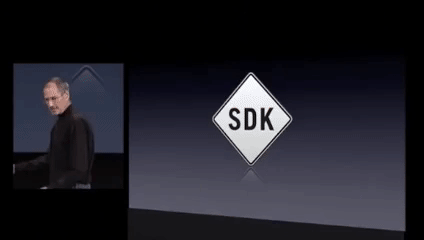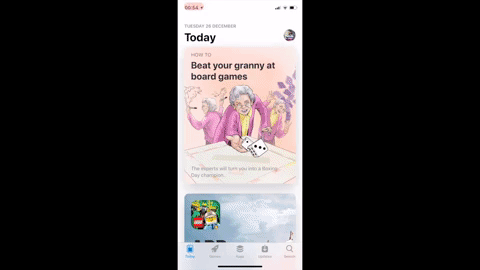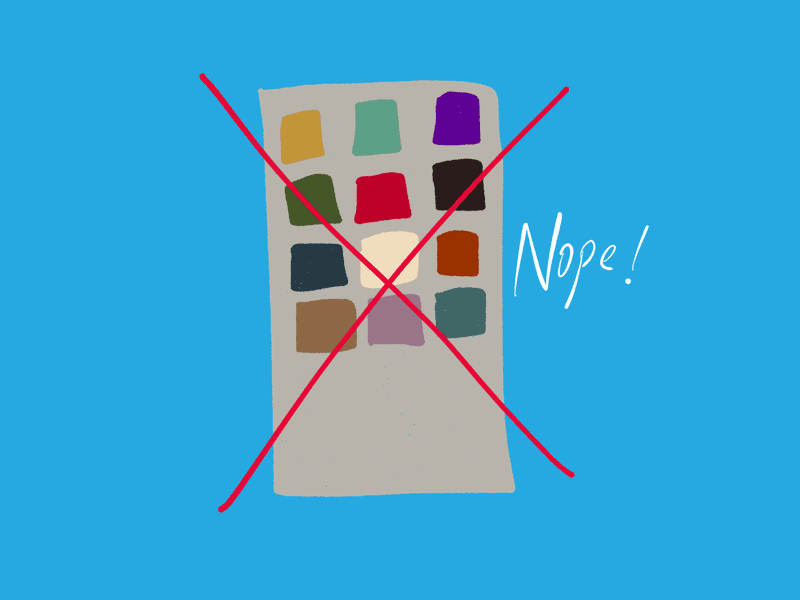The App-ocalypse Is Coming
December 26, 2017
It’s July 2008, the App Store is launched….the rest is history.

Apps, they’re everywhere. They play such an integral part in our lives that it is impossible to imagine life without them.
The advent of the App Store was a major deal, it changed the way we approached functionality on smartphones. It was a massive step in the right direction, but it is not the destination.
The purpose behind the popularisation of apps was that it brought the best of web, in an optimised container, for your pocket. You could access your favourite services with superior ease and performance. Over time, the hardware capabilities of phones have evolved to unlock app experiences that cannot be experienced just via a web browser.
But in present time, there is an interesting shift taking place. Browsers are quickly adding capabilities and are able to do much more, thanks to advancements in web frameworks such as React & Angular. This has spewed a massive debate in the developer community as to what the future is — apps or browsers?
I think the answer is none….or either…or both.
Confused? Let me elaborate.
I always try to look at the things around me and ask “how much effort does this require?” And “can it be easier?”. The answer to these is almost always an overwhelming yes. Partly because rapid technology advancements always leave scope for improvement, and partly because we are gifted at adding complications unnecessarily.
Now, if we apply this to the context of apps — we begin to see something interesting. For a lot of the things that we have apps for, we don’t actually need one. An interesting behavioural shift has started to take place. People don’t download/use apps at the same rate as they used to.
The 80/20 rule can be witnessed here. This principle dictates that roughly 80% of effects are generated by just 20% of causes. So, 80% of your time spent in apps is within a top few apps — roughly 20% of your total downloaded apps.

Space on your phone’s screen comes at a premium and people aren’t downloading as many apps anymore.
Let’s look at the updated App Store in iOS 11 — you will see that it is no longer just a stream of apps waiting for you to click “install”, it’s because that’s not what we do anymore. We need to be convinced that downloading an app is worth the effort. Apple is leveraging the power of content to deliver that message, via mini write-ups. This is Sales 101 — you don’t sell products, you sell stories.

But I believe this is eventually going to be futile. Why?
Revisiting my fundamental question, “Can it be easier?” — the only winners will be the ones who can provide you information, when you need it, where you need it, effortlessly.
This is why I have been experimenting with chatbots lately. A conversation is a very powerful medium for information transfer, and also the most intuitive. You don’t need me to convince you, just look at the success of Amazon’s Alexa & Google Assistant. (Not Siri, Siri is shit)
Facebook made a brilliant move by evangelising chatbots on the messenger platform and there are some great use cases. In fact, I use a neat little chatbot called Cleo to manage my personal finances.
No app required? Check
Can be found where I already spend my time? Check
Conversational skills to speak to the bot? Mostly check
It doesn’t need to stop at chatbots though. Apple’s “Wallet” is a great example of this.
In the screenshot, the 3 cards at the bottom are pretty much all I needed to “logistically” get from London to Dubai. Unfortunately visas and passports haven’t kept up.
The point I’m trying to make here is that context is king. There is no need for most services to be omnipresent. To succeed, businesses will have to master the art of integration. Service providers need to go where the users already are, instead of trying to get you to make an effort to come to them.
The future will not be limited to digital wallets, chatbots or virtual assistants.
The only rightful winner of your attention is the one that doesn’t demand any.
Karan



